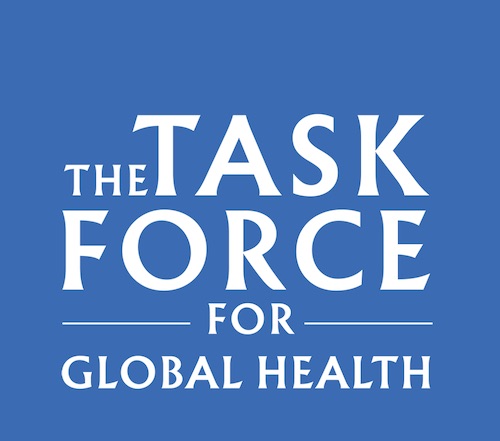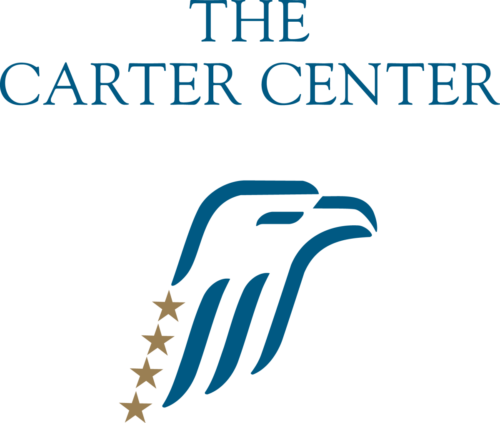**Application Deadline is Friday August 21st**
Opportunity Description
Applications are invited for two Cancer Research UK funded DPhil Studentships to work within the Early Breast Cancer Trialists’ Collaborative Group (EBCTCG) Secretariat at the University of Oxford’s Nuffield Department of Population Health. These posts provide an opportunity for those with a good degree in a mathematical/science subject or medicine to develop their research skills within one of the world’s leading medical research units. We would welcome applications from people with an interest in the design and analysis of clinical trials and the application of statistics to improving treatment of breast cancer and other diseases.
The two proposed topics are:
1) A comparison of individual patient data (IPD) over meta-analyses of published data: implications for clinical trial design and the utility of different endpoints for early breast cancer trials
2) Predictive and prognostic factors in early breast cancer and long-term side-effects of therapy
- Project Description: Breast cancer has a long natural history with a substantial risk of recurrence continuing for at least 20 years after diagnosis. Chemotherapy and, in oestrogen-receptor-positive early breast cancer, long-term endocrine therapy substantially reduce breast cancer recurrence and mortality but can cause potentially life-threatening side-effects. Using the EBCTCG database of patients in randomised trials and other large-scale database, this project will investigate how patient and tumour characteristics impact on the risks and benefits of various therapies for early breast cancer. Because different databases, and different trials collect data differently, the project will explore the validity of possible methods of data analysis, so that information generated is relevant and applicable to women with breast cancer and their clinical teams. To read more about scholarships in this project area and the desired qualifications, click here.
- Contact Information: For informal discussions regarding this project, please contact either Robert Hills (Robert [dot] Hills [at] ndph [dot] ox [dot] ac [dot] uk) or Hongchao Pan (Hongchao [dot] Pan [at] ndph [dot] ox [dot] ac [dot] uk )
About EBCTCG
Since 1985, EBCTCG has conducted large-scale individual patient level meta-analyses of local and systemic treatments for early breast cancer. The findings, published in high profile journals, have been cited in over 25,000 other publications, and provide the evidence base for most international breast cancer treatment guidelines.
EBCTCG sits within the Nuffield Department of Population Health (NDPH) which brings together over 500 staff from world leading research groups, with around 100 students on taught Master’s and Doctoral programmes. NDPH conducts large-scale epidemiological studies and clinical trials in China, Mexico, India, Russia, in addition to the UK and other developed countries. These studies provide reliable evidence on the burden, determinants and best treatments of the major causes of premature death and disability. The research has a global span and impact, with collaborations from more than 50 countries, and students and researchers work on several of the world’s largest and most detailed observational epidemiological studies such as UK Biobank, China Kadoorie Biobank and the Million Women Study and collaborative meta-analyses.
The NDPH’s research programmes provide training in all aspects of population health research, from statistics and epidemiology to health economics, health services research, health policy and promotion, and ethics.
Our student-led Research Student Group arranges a wide range of activities outside the day-to-day research work our students undertake, from social events to seminars and journal clubs. Our students are also invited to a wide range of Departmental events and groups, including our Early Career Researchers Network.
We offer students generous allowances for expenses such as attendance at relevant conferences, training courses, and fieldwork.
Application Information










Recent Comments